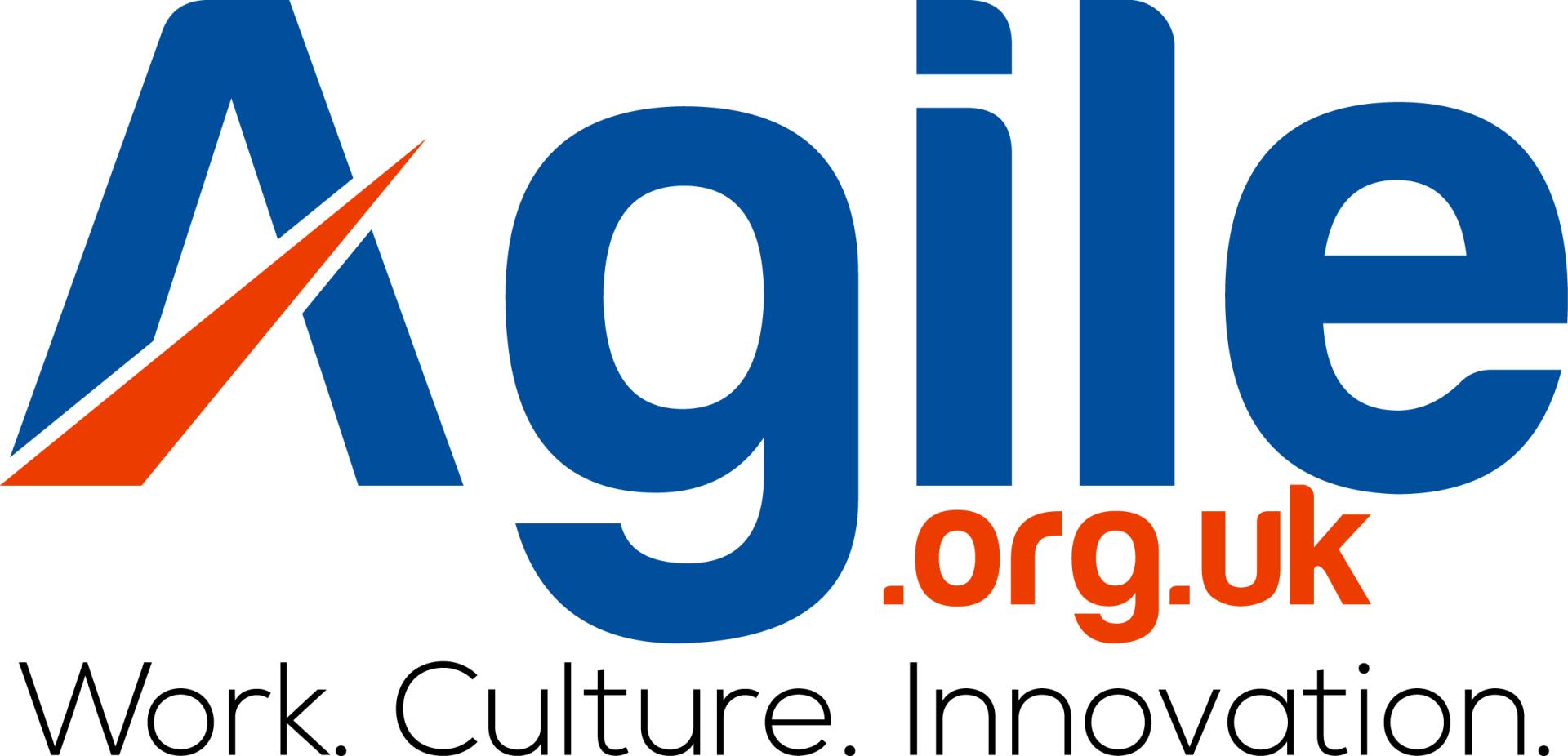Every business needs a leg up with its strategy once in a while, and that’s where consultancy comes in.
Consultancy firms can help your business to implement all kinds of different strategies and methodologies for improving your operational efficiency and increasing your growth.
One of the most popular consultancy types is agile consulting, which can have two different meanings. Both of these types of consultancies could be useful for your business, but which one you need will depend on your business’ specific requirements.
Let’s take a look at what exactly agile consulting is and how it could be beneficial for you and your organisation.
Agile consulting – type 1
The first type of agile consulting is simple: a consultancy firm that instructs your business on how to implement agile methodologies.
If you’re not familiar with the agile working model, it’s essentially a way by which businesses can emphasise freedom and, well, “agility” when it comes to project management.
In real terms, this means that your workforce is free to pursue more creative options or solutions to problems that they face, thus allowing them to arrive at truly innovative endpoints.
An agile consultant in this context, then, would be someone who’s well-versed in agile methods and who can help your team to understand what they would entail.
There are many agile consulting firms out there that can fulfil this remit, so finding the right one that’s best for your business is essential as well. Don’t be afraid to discuss your needs with the consultancy firms you’re considering hiring if you need to talk through your strategy.
How could an agile consultancy firm help my business?
Let’s say that your business is about to embark on a new project.
In a traditional environment, you might assign a team to the project, assign a manager, and then receive regular updates from your team and their managerial support, making adjustments to the project as necessary.
Under the agile model, however, your team would have minimal oversight; they might have a manager assigned to them, but they would pursue the work largely under their own auspices.
Thus, an agile consultancy firm could help your business by essentially helping it to arrive at a new understanding of how agile management works, improving the quality of projects and adding to the innovation that they display.
It’s worth remembering that “agile” does not mean “unmanaged”.
Many firms go wrong because they think that an agile framework simply means they can leave their teams to do whatever they want and not worry about what’s going on with the project on a day-to-day basis.
You’ll still need to support your team and be there for them when they need you, but an agile framework allows them to focus on the work itself rather than on bureaucratic structures or processes.
If you need to, you can brush up on the twelve principles of the agile methodology here, so that you can see what agile working would entail for your organisation.
Agile consulting – type 2
The second type of agile consultancy firm is one that employs agile processes and frameworks itself.
These firms may deliver better results for your business as consultants because they will be using a more agile and creative operational structure, which frees up their consultants to offer advice as they see fit.
In this context, agility might mean using an unusual or leftfield method in order to provide advice to your company, which could in turn result in a better working relationship between you and that company.
Since the agile framework also emphasises customer satisfaction, you may find that agile consultancy firms have an increased degree of communication with you when compared to standard firms.
How could this type of agile consultancy firm help my business?
If your business isn’t specifically looking to implement agile frameworks and is instead just looking for the best kind of consultancy firm to help you supercharge your operations, then agile companies could be the best outfits to do that.
This is because agile companies generally emphasise collaboration within the workforce, face-to-face communication, and self-organisation, so you can be sure of a team that’s confident and assured in terms of its mission.
Agile teams will communicate with you regarding what you want, then get it done to your specifications. They won’t worry about their company’s management structure getting in the way, nor will they let precedent dictate what they do if they find a new and innovative solution to one of your business’ problems.
What is Agile Working?
Agile working is a transformational approach to how and where work is done. It empowers individuals and teams to perform tasks in the most effective ways—regardless of time, place, or traditional structure. It’s all about flexibility, autonomy, and results.
Learn More About Agile WorkingIs agile working always right for a business?
Although agile working began as a software development initiative, it’s fair to say that it’s expanded into the wider world of business as a whole, and that many businesses have begun to adopt the methodologies even though they’re not software developers.
As such, you may be wondering if agile working is always right for every business.
There’s no simple answer to this question, but the best thing to do if you’re wondering about your own business is to trial the system, perhaps for a month or two.
Introduce agile working (with the assistance of an agile consulting firm, of course!) for a trial period and see if it improves the operational capacity of your team.
If it doesn’t, then you can be sure the workforce you have won’t respond well to agile working and you can continue as you were, but if it does, you’ve found a new way to build your business!













